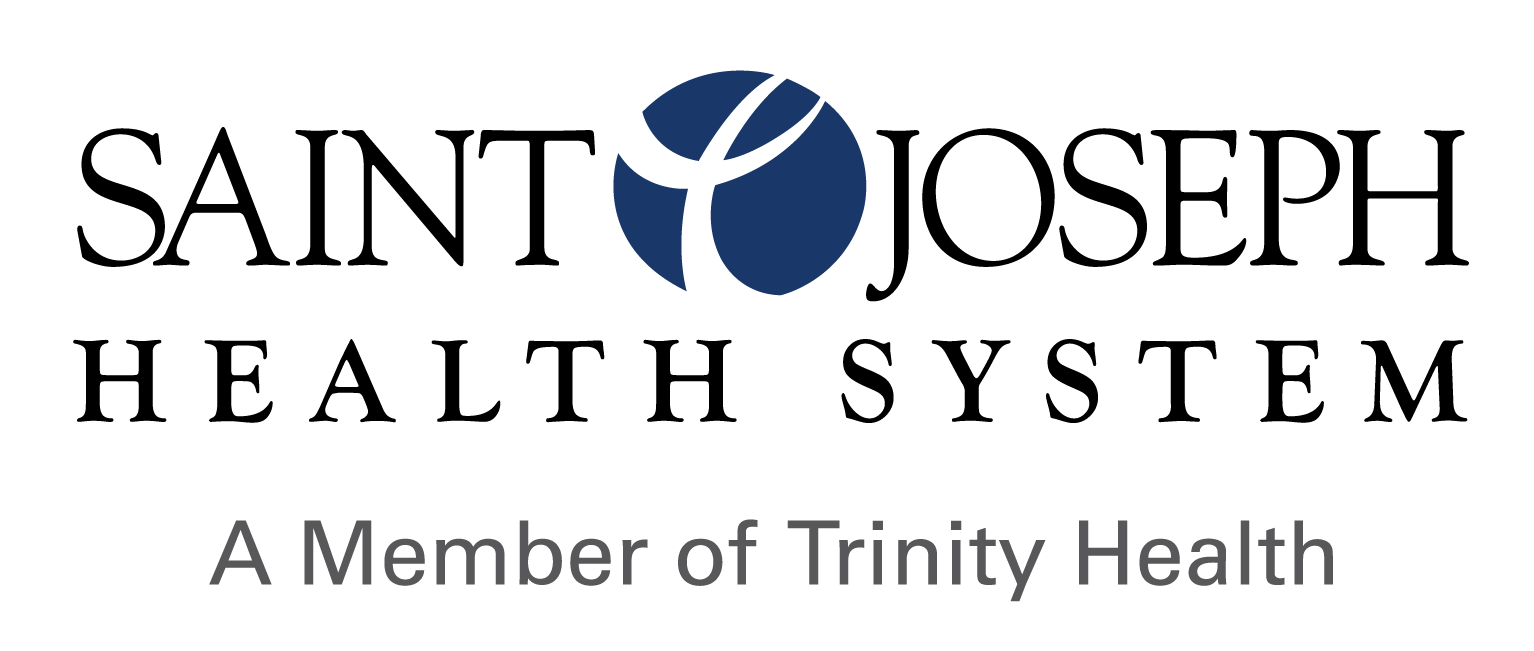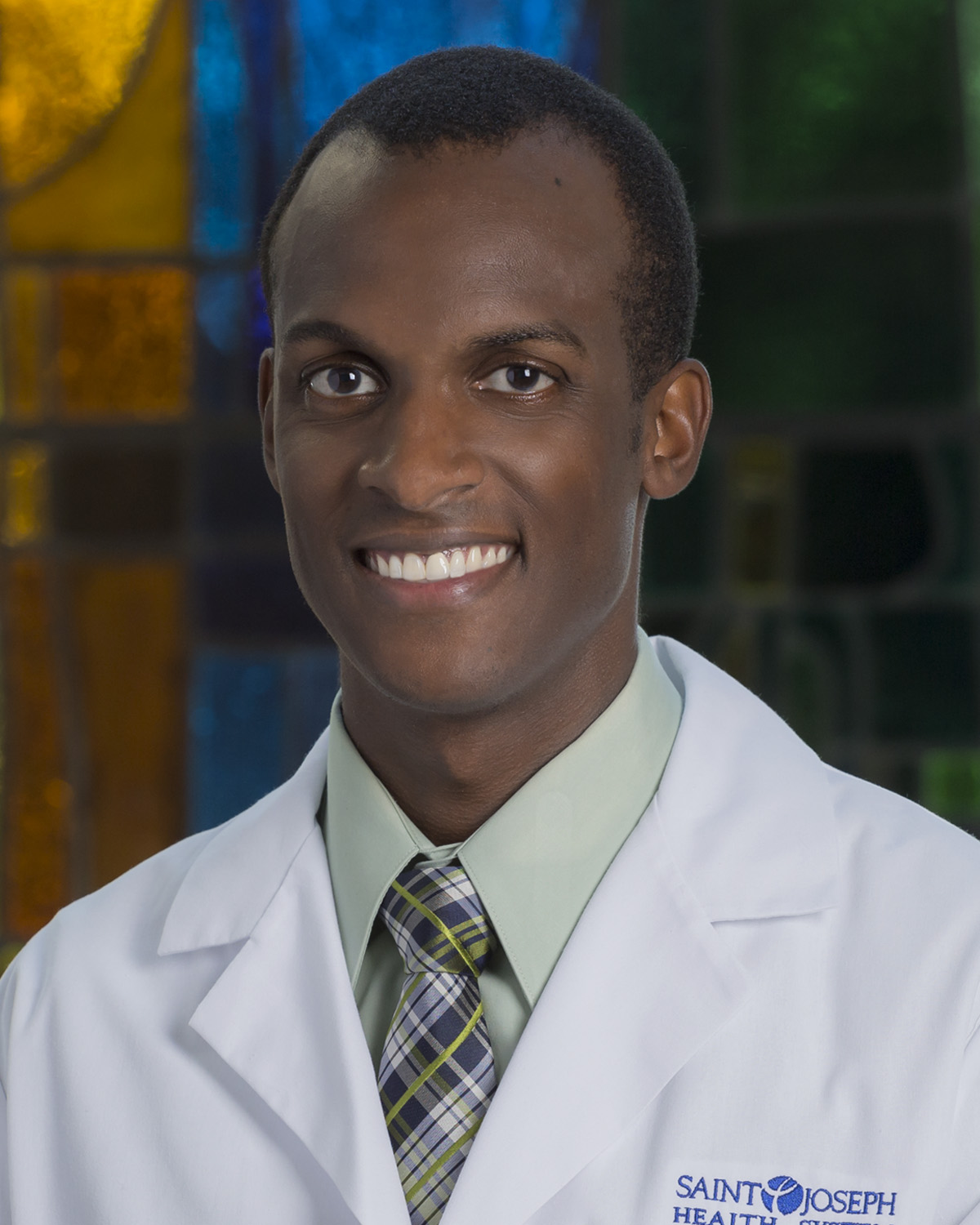There have been many breakthroughs in medicine through the centuries. From the simple act of washing hands to the development of vaccines, these discoveries led to the destruction of many diseases.
Of course, not every disease has been thwarted. Malaria, HIV, Alzheimer's, osteoporosis, and many others have yet to have a cure or vaccine. Many times, the best physicians can do is manage the symptoms rather than treat the root cause.
That's where regenerative medicine comes in, a field that aims to target the root causes of diseases rather than placing a Band-Aid over the symptoms.
What is regenerative medicine?
Through the years, regenerative medicine was once hailed as a "miracle" treatment. For example, stem cells – special human cells that can transform into other types of cells – were seen as cure-alls to certain conditions and miracle treatments for cancers or tumors. It's important to understand that while therapies like these have been shown to be effective, they are not the fountain of youth.
Still, what regenerative medicine can offer is a natural way to replace tissue or organs that have been damaged by age, disease, trauma or congenital issues.
"Regenerative medicine is really a catch-all term for the treatments that involve utilizing your body to help heal itself," says Dr. Christopher Jordan, Director of Sports Medicine at Saint Joseph Health System.
"You may have heard of platelet rich plasma or stem cells. These terms, among others, fall into the general wastebasket of regenerative medicine, taking something that is native to your body, harvesting it and then trying to maximize its potential to help promote a healing environment to optimize your treatment."
What conditions can be treated with regenerative medicine?
Many different diseases are caused by the transformation or destruction of important cells. For example, heart disease is linked to a depletion of heart muscle, and when someone has diabetes their pancreas can't produce enough insulin. Also, cancer causes cells to grow too quickly.
The field of regenerative medicine is a way to find and fix the root problems of these diseases. The body's natural healing abilities are used to repair itself, regenerating loss or damaged cells and tissues to get them back to as close to normal function as possible. This can also apply to the elderly suffering from muscular and joint degeneration.
"There's a fair amount of research that has shown benefits for patients with early degenerative changes," says Dr. Jordan. "For example, it can be very beneficial for patients with early signs of knee osteoarthritis to begin treatment and stay on top of reducing pain and maximizing function."
For Saint Joseph Health System, the goal of regenerative medicine is to improve the daily lives of all our patients suffering from chronic conditions. The Sports Medicine program now provides regenerative medicine treatments for patients.
"When patients come into our office, we go over all the treatment options available for that problem," says Dr. Jordan. "If you come to see me complaining about arthritis, I will walk through all the treatment options available, making sure that I mention the innovative treatments that regenerative medicine can provide."

